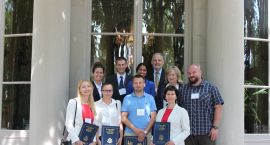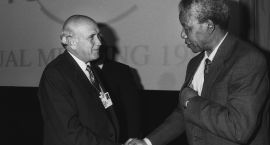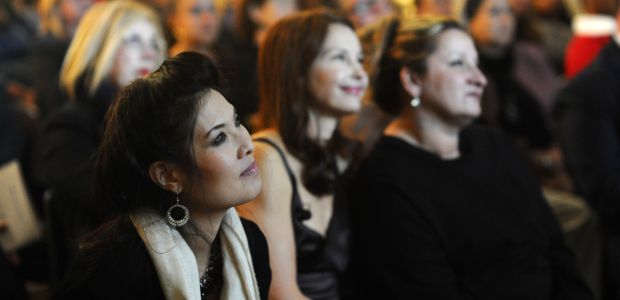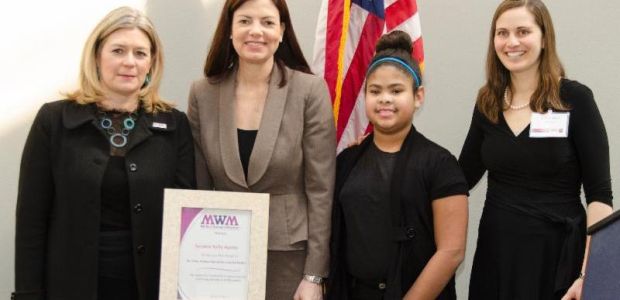Not Women’s Issues: 8 Films about Women Leaders around the World
Stemming from a long history of marginalizing women, mainstream media and international leaders rely heavily on the categorization of issues as “women’s issues” when discussing problems such as inequalities in education, inclusion of women in decision making, and gender violence. In the same way as women, societal problems that are categorized as “women’s issues” are considered of secondary concern to the growth of society. “Women’s issues” should be framed human rights issues because they are the manifestation of deeper structural and cultural inequalities that affect the entire population and often result in violence. While mainstream media portrays women as...
Continue















